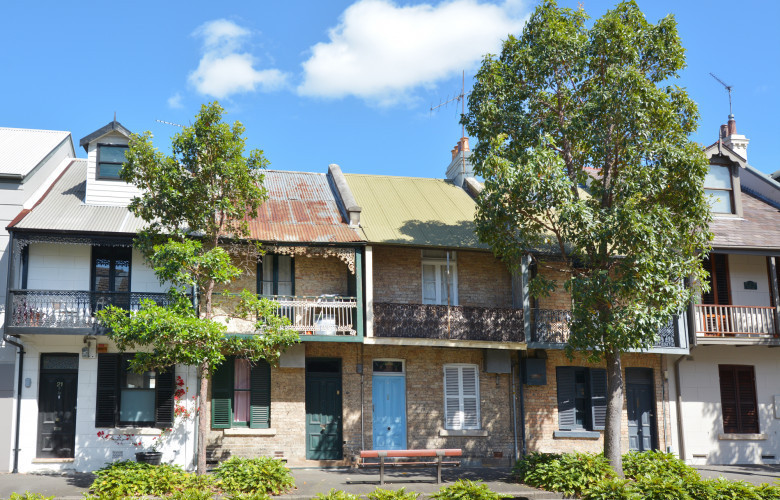Minister meetings must address housing supply: REIA
Contact
Minister meetings must address housing supply: REIA
The Real Estate Institute of Australia (REIA) has welcomed the renewed collaboration by State and Federal Governments and hopes it signals a commitment to urgently addressing housing supply and affordability with particular focus on the private rental sector.
The Real Estate Institute of Australia (REIA) has welcomed the renewed collaboration by State and Federal Governments and hopes it signals a commitment to urgently addressing housing supply and affordability with particular focus on the private rental sector.
REIA President, Mr Hayden Groves, said it was crucial for Australians to have this issue placed at the top of government agendas as the nation continues to buckle under the pressures of housing affordability and inflation.
“The cost of buying, selling and renting a home in Australia has become increasingly difficult and that is largely due to insufficient housing being built over a long period of time.
“We welcome the first meeting of State and Federal Housing Ministers last Friday but an urgent action plan is needed to turn this good intent into action.”
Mr Groves said we are now at crisis levels with rentals being pulled from the market while the latest ABS figures show that the number of people who now own their own home outright has reduced significantly over the past two decades with the 45 to 54 year old age bracket plummeting from 41.4% to just 18.5% over the past two decades.
“The proportion of retirees with mortgages has reached almost 10% over that same period.”
Mr Groves said that input from private investors – representing 27% of the housing spectrum – would be a crucial factor in the success of a National Plan for Housing and Homelessness.
“Most affordable housing is delivered by the private sector, particularly rentals. Investors have been selling over the course of the COVID-19 pandemic; which in turn has seen the national rental pool shrink considerably.
“It is this group that needs to be paid some attention given investors have been selling at a faster rate than buying property which is further fueling the supply crisis – a fact that has, so far, been largely ignored.
“Whilst this shortening of supply varies across the nation, in some areas there are 10 – 15 per cent fewer rentals available than there was at the start of the COVID-19 pandemic.”
Mr Groves said that while REIA welcomes the announcement the Albanese government aims to provide $10 billion in funding to build 30,000 social and affordable properties, the current construction skills, materials and liquidity crunch means decision makers must look at better utilization of existing housing inventory to ensure more supply.
“The creation of a less onerous tax system that will encourage investors to supply housing is critical.
“One of the biggest disincentives is stamp duty. Stamp duty and supply are inextricably linked – home sale transactions would increase by as much as 50 per cent if stamp duty were phased out.
“If you want to do something about both supply and affordability, start with stamp duty.
“We’ve seen extraordinary price growth in both values and rentals across the nation but as the market has stabilised, listing numbers have plummeted in terms of both rentals and sales.
Mr Groves said outside of stamp duty the cost to investors, home owners and renters is becoming increasingly burdensome for all.
“The Queensland State Government, for instance, has introduced a new land tax on landholders commencing June 30, 2023, for those who own assets outside of that state, a move which is likely to add thousands of dollars to annual costs and in turn, could impact badly on tenants. Oddly, this does not apply to Queensland property owners who possess property outside of Australia.
“While investors have been greatly targeted as the problem, we need to consider that most of the affordable housing is delivered by the private sector, especially rentals.
“We are talking about Queensland mum and dad investors who are being targeted to pay extra taxes simply for owning property in another state,” he said.
Mr Groves said Treasurers meeting in Brisbane on 22 July 2022 are strongly encouraged to look at stamp duty reform in the context of rental and housing supply and affordability.





